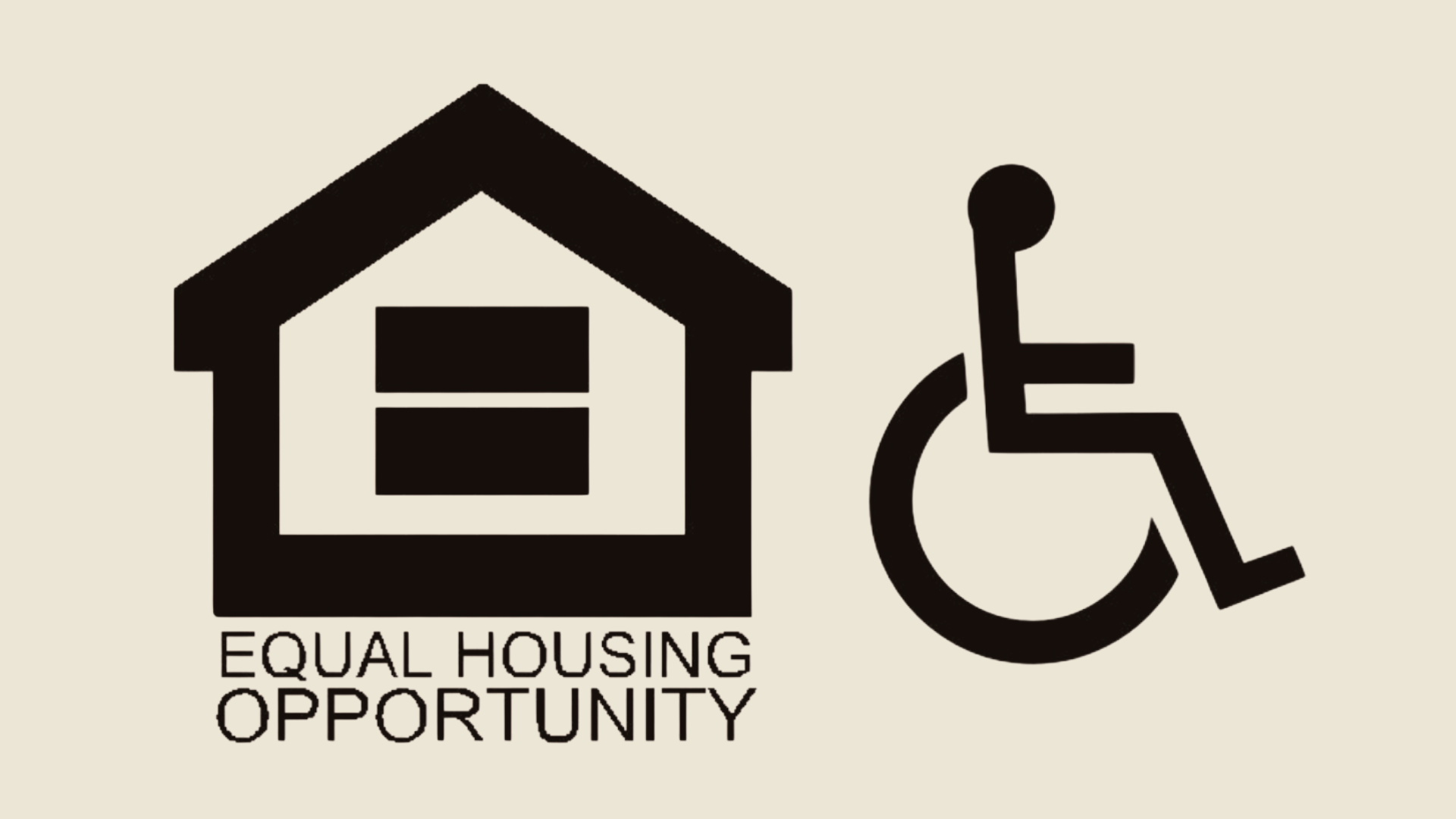
Hot Water Tanks in Arizona Homes: Essential Insights for Reliability, Longevity, and Maximum Comfort

A hot water tank is a silent hero in any Arizona home—ensuring showers are soothing, laundry is effective, and daily routines run smoothly. For property owners, investors, and families alike, understanding your water heater’s type, capacity, and lifecycle is critical for both comfort and lasting property value. Whether you own a single-family home in Mesa or a luxury property in Scottsdale, making strategic choices about your hot water system can prevent costly emergencies and support smart, sustainable living.
Key risks for hot water tanks in Arizona include sediment buildup from mineral-rich water, corrosion of the tank lining, thermostat failure, and pressure relief valve malfunctions. Infrequent maintenance can lead to leaks or even catastrophic tank failure, with resulting water damage that can disrupt entire households and require significant repair. The decision process can also be stressful—balancing upfront cost, efficiency, fuel source (gas vs. electric), and the desire for future-proofing with tankless or hybrid models.
When comparing hot water tanks, Arizona homeowners face a choice: traditional tank systems (storage) or tankless (on-demand). Traditional tanks (40–80 gallons) are reliable, relatively affordable, and compatible with most homes, but typically last 8–12 years before needing replacement. Tankless models, while pricier upfront, can last 15–20 years and offer endless hot water—an attractive feature for high-usage households or luxury buyers.
Regular maintenance is non-negotiable. Annual flushing helps prevent mineral sediment buildup—a common problem in Arizona’s hard water regions—while periodic checks of the anode rod and pressure relief valve can extend lifespan and efficiency. Service pros recommend professional inspection every 1–2 years to catch minor issues before they escalate. For many, investing in a water softener or filtration system pays for itself by protecting appliances and improving water quality throughout the home.
Cost comparisons: Traditional tanks ($1,000–$2,500 installed) remain more budget-friendly than tankless ($2,000–$4,000 installed), but energy savings from tankless can offset higher initial costs over time. Homeowners seeking the best value should factor in usage patterns, household size, and available rebates for high-efficiency models.
Chandler, Arizona is a city that prizes both innovation and family comfort, making water heater reliability a top priority. Local contractors emphasize the importance of sizing your tank to your home’s needs and choosing models with corrosion-resistant linings and robust warranties. The Chandler city administration also provides resources for safe installations and water conservation—a vital consideration in the desert climate.
Case studies show that Chandler homeowners who flush their tanks annually and install water softeners typically enjoy a longer appliance lifespan, fewer breakdowns, and lower energy bills. Eco-conscious residents increasingly opt for ENERGY STAR® tank or tankless models, reducing environmental impact while maximizing daily comfort.
The city of Chandler—home to welcoming neighborhoods and parks like Tumbleweed Park—sets a high bar for home maintenance and energy efficiency. By making smart, informed choices about your hot water tank, you can protect both your family’s comfort and your property’s market appeal, year after year.
Whether you’re considering an upgrade, maintaining an existing system, or planning a new build, focus on regular service, sizing, and quality installation. The right water heater isn’t just about hot showers—it’s a cornerstone of daily luxury and sustainable, long-term home value.
What’s your next step for hot water reliability in your Arizona home? Have you tried a tankless system, or do you swear by the traditional approach? Share your insights below, connect with fellow residents, and stay tuned for more expert strategies for comfort, efficiency, and peace of mind.



